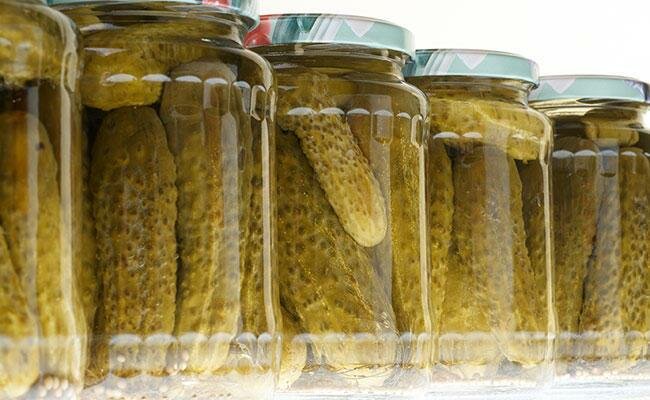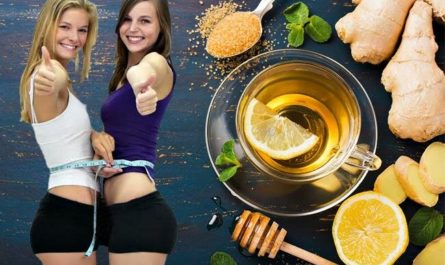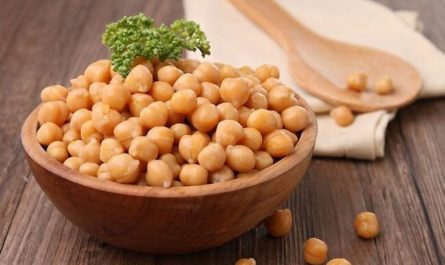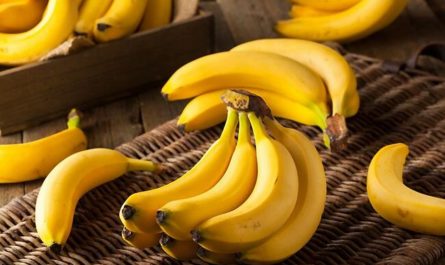Multivitamins are a nice and convenient trick to add heaps of micro-nutrients to your diet by popping just one little pill. However, a recently conducted research pointed out that these multivitamins that we adore actually don’t even deserve our appreciation. For instance, the study revealed that multivitamins do not help protect your body from developing fatalistic diseases like cancer, cognitive damage due to aging or a heart disease.
What’s even more shocking is the fact that certain studies point out a high dosage of Vitamin A, Vitamin E and beta-carotene as really harmful for the health of your body. So, if you’re planning on stocking up some more multivitamins, you might want to discard that purchase.

But then, if multivitamins can’t do the trick, then how do you give yourself a diet rich in nutrients, minerals and vitamins? Your body breaks down the food, extracts the nutrients and then uses them where they are most needed. However, synthetic nutrients, such as those obtained from pills, cannot really help enrich your body with essential nutrients. So, all you really need is foods that are rich in nutrients, vitamins and minerals. They are much less expensive and abundantly stocked up with all the nutrition your body needs.
Here are five nutrition-packed foods that you need to replace with your multivitamins right this minute!
1. Quinoa
Quinoa is the most inexpensive food item to replace your multivitamins with. It is rich in protein, amino acids and fiber, for after all, the Incas termed it as the “Grain of the Gods”. However, quinoa is not classified as a grain, it is from the family of chard, spinach and beets. And its tiny little seeds are rich with manganese, good fats, iron, copper, magnesium, zinc and phosphorus.

It’s very healthy for the heart, and this superfood has a powerful concentration of antioxidant phytonutrients and anti-inflammatory agents. The best way is to add it to your daily diet as an appetizer or porridge, and cook in bone broth water that is rich in minerals.
- Google+
2. Seaweeds
Found underwater, these green plants that tend to get pasted to your ankles every time you take a swim at the beach are actually extremely dense in essential nutrients. Seaweeds are rich in over 56 minerals, including calcium, phosphorus, potassium, magnesium and niacin. They absorb all the minerals within the ocean and hold the power to enriching your body with all of nature’s goodness.
They contain Vitamin, A, K, C, E and several Vitamin B’s, along with being the only non-meat source of Vitamin B12, isn’t that incredible? They have a very strong anticancer, antiviral and anti-inflammatory profile that helps flush out all heavy metals from your digestive tract and enhance the health of your heart.
A great way to add seaweed in your doubt would be fixing up a miso soup or tossing it around with a couple vegies to create a multi-seaweed salad. You absolutely need to try out different varieties of seaweed or even a combination of kombu, nori, arame, dulse and wakame.
3. Almonds
Almonds are by far the tastiest and easiest food item to replace your vitamin pills. A recent study revealed that 1.5 ounces of almonds can increase the quantity of vitamins, magnesium, and vital fatty acids in your daily diet. And the best part is, if you’re munching on a healthy snack like almonds, you’ll stay away from unhealthy snacks like processed chips and other munchies.
4. Shellfish
Who doesn’t love devouring mussels, scallops, oysters and clams? Well, the good news is these delectably succulent sea food items are densely rich in minerals vitamins, more than any other animal. They are low fat, with very little calories, and an extremely high concentration of protein, vitamins and minerals. And the best part is, they are a great deal tastier than those multivitamins.
Raw oysters are rich in vitamin B12, copper, selenium, iron and zinc, and if you add them to your diet you can complete your body’s daily nutrient requirement with just one meal. Mussels are rich in manganese, while shellfish is very high in omega-3 fatty acids and extremely low in omega-6 fatty acids, making them the perfect dish to improve the functioning of your brain and heart.
If you’re a vegetarian, you have all the more reasons to devour shellfish. It is rich in magnesium, phosphorus, copper and other minerals, along with Vitamin D. Add it to your table at least once a week and you’ll be giving your body a mighty nutrient enrichment.
5. Lacto-Fermented Vegetables
Lacto fermented veggies include kimchi, sauerkraut and all kinds of pickles that have been fermented using a bacteria called lactobacillus. These veggies are then stored in pure water with salt. It causes an increase in the quantities of vitamins and enzymes present in these vegetables, and with just one serving, you can give your body a huge dose of Vitamin C and all of the Vitamin Bs, along with vital amino acids, particularly methionine and lysine.
These lacto-fermented veggies are really good for your digestive system as they provide it heaps of bacteria, along with a huge dose of vitamins, amino acids and probiotics. They work as excellent appetizers, salads and even as the main course. Add them to your daily diet as a condiment to accompany your meals.
Synthetic pills can never make up for the nutrient loss your body faces when it is deprived the essential nutrients of fruits and vegetables. Remember, only nature can give you a diet rich in vital nutrients that keep you healthy and fit. So, clear off those multivitamin bottles from your shelf and get ready to go grocery shopping!




